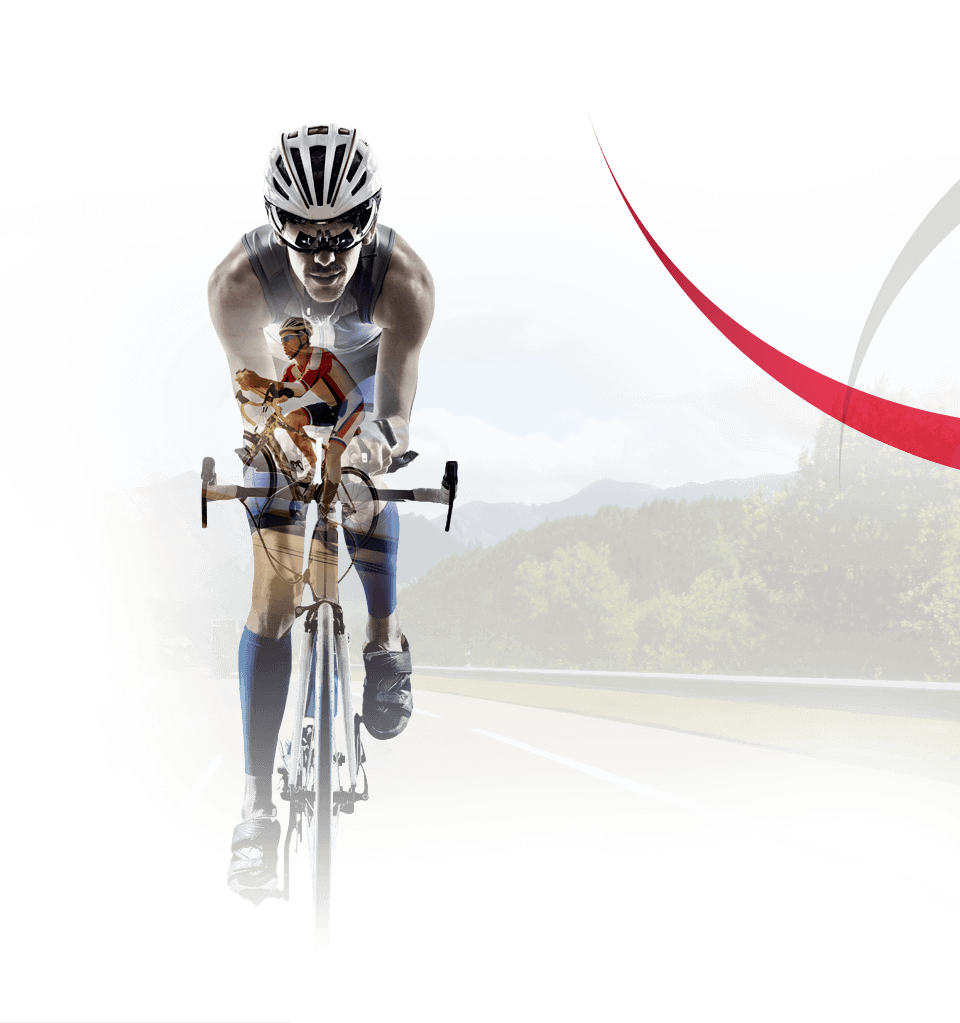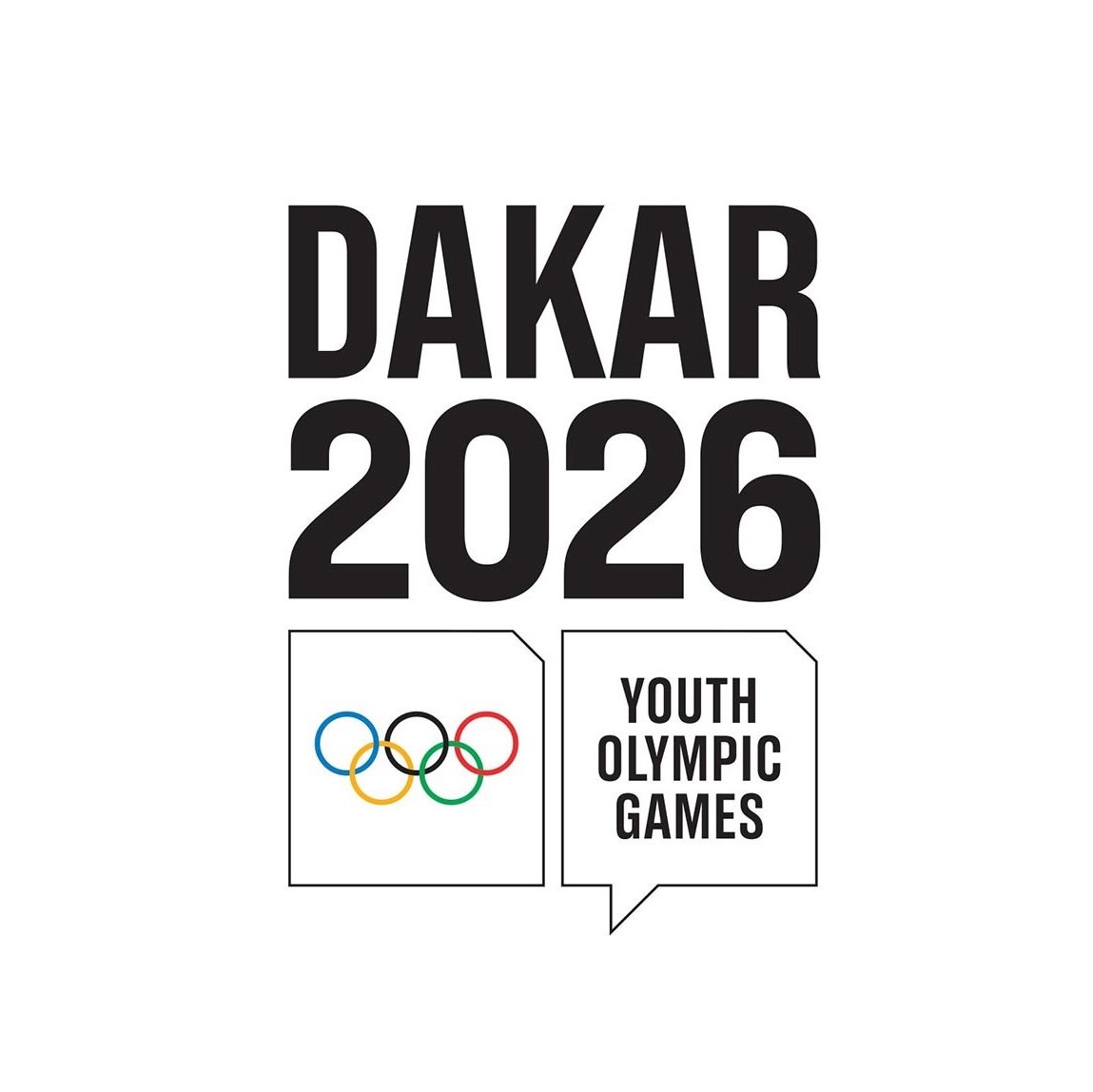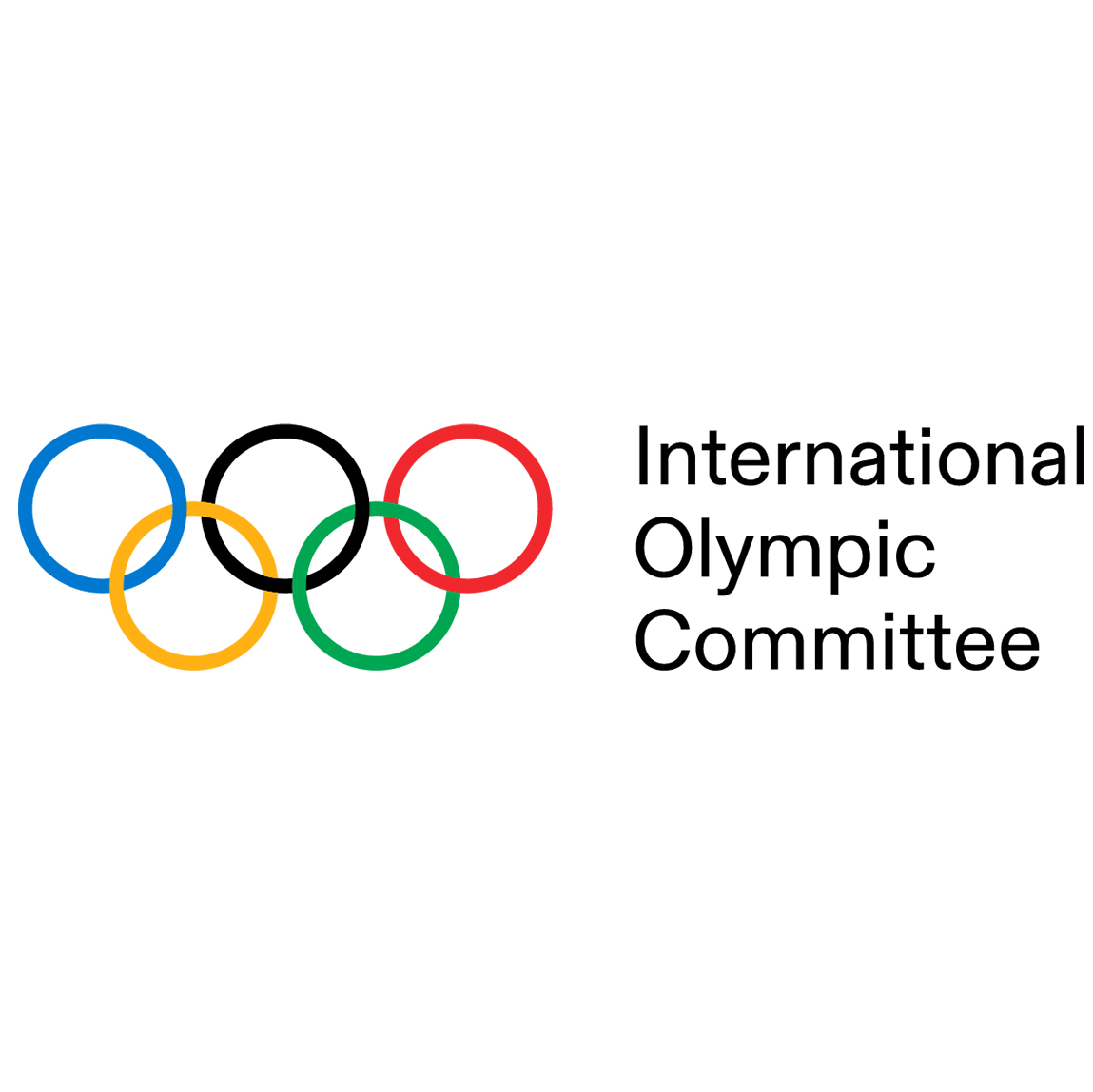
QOC celebrates Olympic Day with community activities at the 3-2-1 Qatar Olympic And Sports Museum
The Qatar Olympic Committee (QOC) today celebrated the 2022 Olympic Day during an amazing event which took place at the 3-2-1 Qatar Olympic And Sports Museum in Doha.
Team Qatar stars, Ashraf Amgad El-Seify, Abdulla Al-Tamimi and Mubaraka Al Nuaimi attended Thursday’s most memorable Olympic event, which also saw wide-scale participation from Schools Olympic Program students and athlete Development Pathway (Be an Athlete).
During the event, the QOC organized a number of tours and activities to shed light on the museum, to showcase the history of sports worldwide, the history of Olympic Games, Qatar’s most prominent sport events and top influencing athletes in the world.
Today’s activities, are the latest in the QOC’s commitment to promoting sports, physical activities, and the Olympic values across the country, as per the Olympic charter.
The QOC has set up a number of initiatives and community programs that target both genders equally and engage different age groups, with a focus on younger age groups: school students and kindergartens.
In this context, some significant sport programs that targets the younger demographics and students have been launched over the past years.
Today, on Olympic Day, the QOC highlights some of these key initiatives.
Schools Olympic Program
The Schools Olympic Program (SOP) was founded in 2007 as a legacy from the Doha 2006 Asian Games. The SOP is a pioneering initiative that came in response to the prestigious initiative of HH Amir Sheikh Tamim bin Hamad Al Thani, who was in that period the President of the Qatar Olympic Committee. The program is jointly organized by the QOC and the Ministry of Education and Higher Education. The State of Qatar is the first nation in the region and one of the first countries in the world to implement such a program in its schools.
The SOP is a core component of Qatar’s commitment to developing sport at a grassroots level. It aims to increase sports participation among young people and educate them through the Olympic values, contributing to a healthy and cohesive society. It also aims to be the first steppingstone to producing successful world-class athletes. The QOC works in partnership with its national federations to identify talented athletes who have the potential to represent Qatar on the world-stage.
It has grown from 7,099 participants in its inaugural season to 26,454 students from 461 schools participating in the last school year. Students compete across 14 sports, including para-sports, throughout the school year, all striving to qualify for the grand finals every March. The program has become a beacon for sports development in the region, with other nations adopting a similar model in their own schools.
Despite COVID-19 challenges that hit the entire world, the SOP organizing committee held the 2020-2021 edition of the event virtually to keep the students safe. Approximately 1700 students from 270 government and private schools took part in this SOP Virtual edition.
Athletes Development Pathway
Qatar’s Athlete Development Pathway (ADP) model seeks to produce a new generation of Qatari sporting champions. ADP is the outcome of a three-year project led by the QOC in partnership with Aspire Academy.
The QOC has completed the first stage of this national project that is serving the most important category of our society. The QOC right now is cooperating with the Qatar sport federations to provide support for the incoming stages. The QOC has organized three editions so far, the latest was in 2019 before COVID-19 began.
The ADP is a robust framework that will enable Qatar to be fully unified in its approach to identifying, developing, and nurturing talented athletes at every stage of their career, from early childhood to post-retirement, enabling them to reach their full potential. It is the first of its kind in the MENA region and is another example of how Qatar is always striving to break new ground in the development of sport at every level.
The framework includes 39 sport specific models, each tailored to enable optimum development within different sports and disciplines, including para-sport and women in sport. It will be rolled out with an innovative Athlete Management System that centralizes data gathering of all athletes, including sport science data, learning curve and injury history. This will enable insights into athletes’ training to be gathered, which will also help to shape and improve future training programs.










